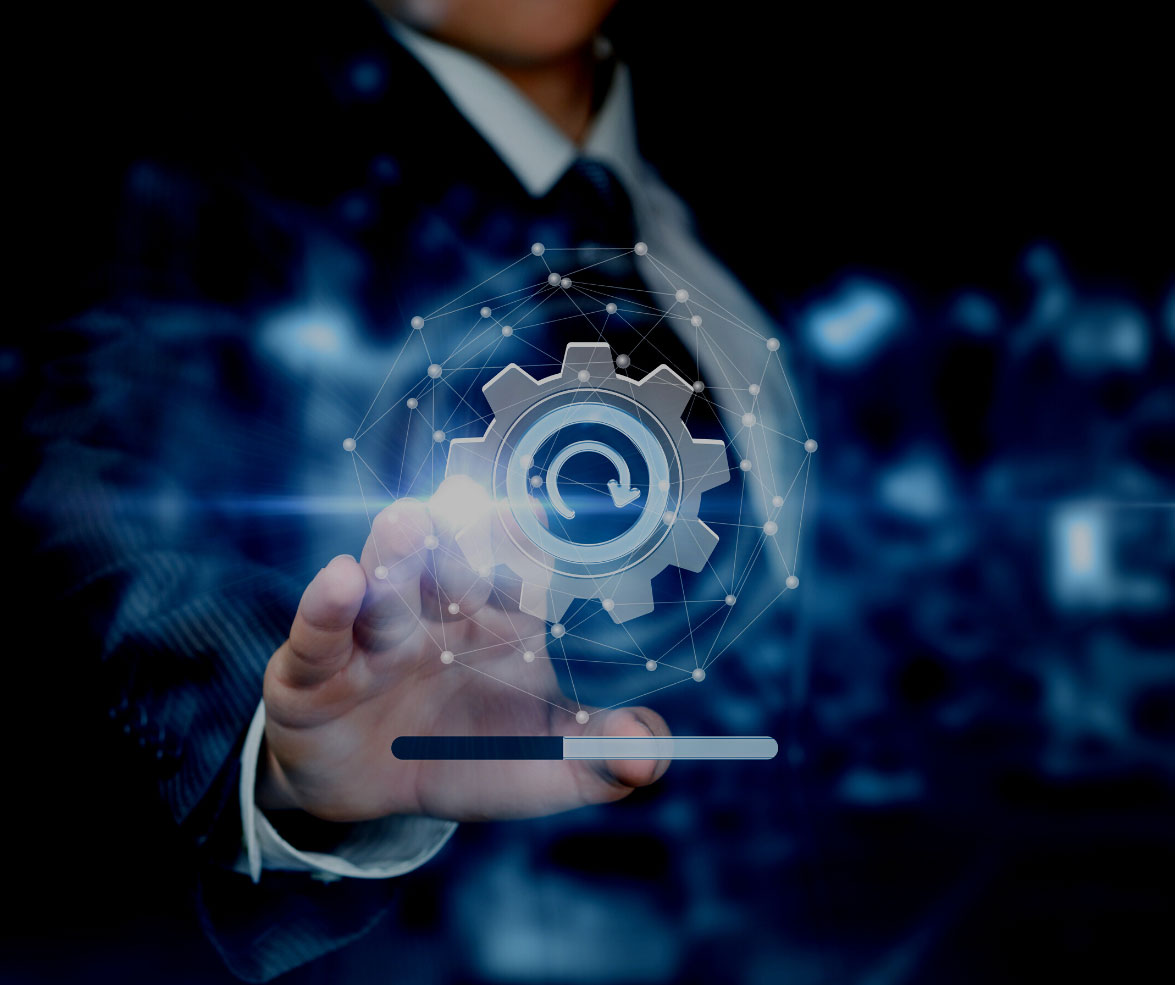


Assessing whether to invest in changing the supporting technology of your business can be a daunting
task. IT projects, especially those that involve enterprise resource planning, can require significant cost
and resource commitments. Considering those potential commitments, it is easy to understand why
many companies will hesitate to give these types of projects a high priority.
However, business and technology are constantly evolving, and procrastination now may result in
greater challenges in the future. Below is a non-inclusive list of business challenges that may signal it is
time for an ERP upgrade:
Good companies are always innovating new ways to become more efficient and that often
entails the changing of processes. While a legacy ERP may have met the requirements of the
then current business processes, that may no longer be the case.
In fact, the legacy ERP may even be hindering realization of the full benefits of the changed
processes. An ERP that can optimize the benefits of changed processes may more than offset
the cost and resources necessary for an upgrade.
Technology moves quickly, and leading software providers continuously improve existing
products. The most current version of your legacy ERP system may have received enhancements
that address business challenges for which you are currently trying to find solutions.
Frequently, companies will explore new product offerings to solve issues that may already be
addressed with the most current version of their ERP software. This can lead to wasted effort
and integration challenges. Additionally, a lack in functionality may bring about working outside
the system, at which point data validity becomes an issue.
Unfortunately, not all initial ERP implementations are successful for variety of reasons, which
results in a system that is not being utilized to its full extent.
Likewise, if the system is not properly maintained, the system’s usage and effectiveness can
suffer over time. An upgrade can be the opportunity to investigate shortcomings of the system
or its implementation, and execute a course correct.
As employees continue to change employers at a higher frequency, it is probable that some of a
company’s original implementation staff may have moved on. Without proper training of new
personnel, this can result in a lack of knowledge as it relates to the legacy ERP system.
Moving forward with an upgrade presents the opportunity to not only educate staff on new
functionality, but also offer refresher training in necessary areas.
If the legacy ERP system was deployed on-premises, it is likely that an investment in hardware
was necessary. That hardware needs to be periodically replaced, which also raises the question
of whether the hardware is actually necessary, considering the general industry shift in
providing cloud-based subscription services.
Evaluating an ERP upgrade also presents the opportunity to consider future IT strategy and
security.
The above reasons are just a few examples, and every organization likely has their own unique
challenges in regard to their ERP system and evaluating the necessity of an upgrade. However, in
analyzing all of the reasons that an upgrade may be necessary, it may become evident that the resulting
long-term benefits may easily outweigh the cost and expense.
We are ERP experts and are here to help. If you have any questions, feel free to reach out.
Mark Miracle
As with cost, implementation time is also dependent on the same factors mentioned above. LogicData offers multiple implementation methodologies that can be adapted to your specific needs and resource availability. Considering a very basic implementation of just the core functionality of SyteLine, and employing a LogicData managed implementation approach, time to value can be achieved in as little as 3-4 months. A full implementation of all core SyteLine functionality utilizing a standard implementation approach, and assuming full client resource availability, can generally be completed in 6 to 8 months. To determine the best implementation methodology and timeline estimate for your specific situation, please contact us.
The cost of software and implementation will vary based on many factors such as user count, functionality requirements, deployment, implementation methodology, customization, data conversion, integration, and internal resources. However, for a basic configuration of SyteLine annual subscription pricing can begin at approximately $18,000 annually for a minimum of 10 users or a one-time cost of $20,000 plus annual maintenance for a minimum of 5 users in an on-premise deployment. A primarily self-directed implementation of such a basic configuration, although not recommended, can likely be achieved for approximately $30,000. LogicData recommends our standard “train-the-trainer” implementation approach which is estimated to start at roughly $65,000 for a basic implementation. For further information on pricing specific to your needs, please contact us.
Leave a Reply